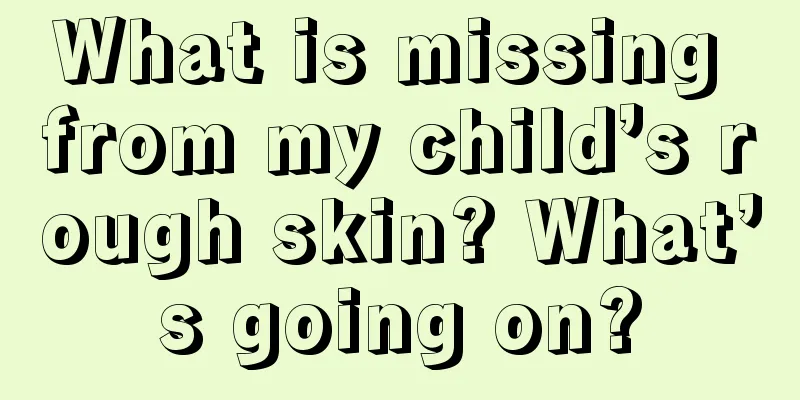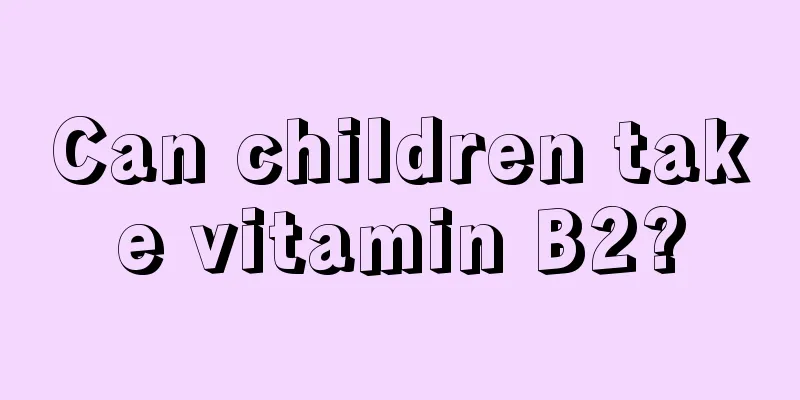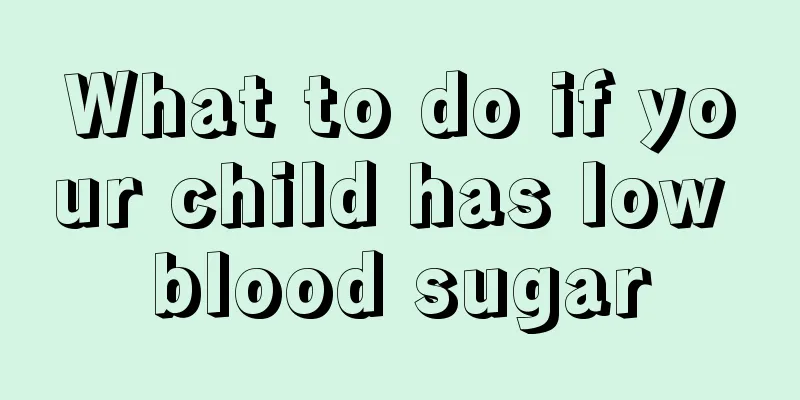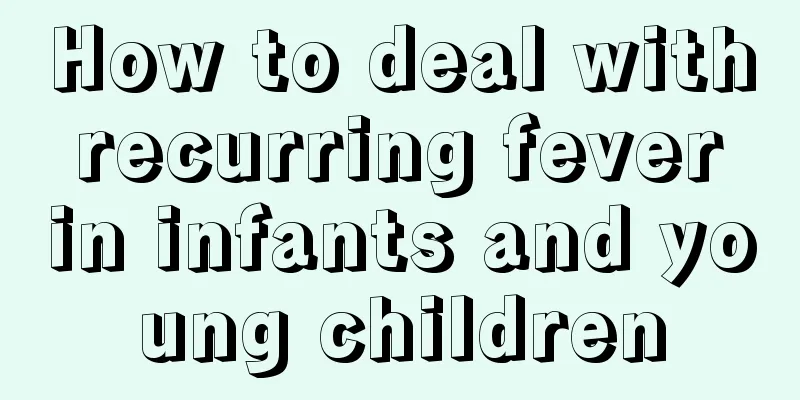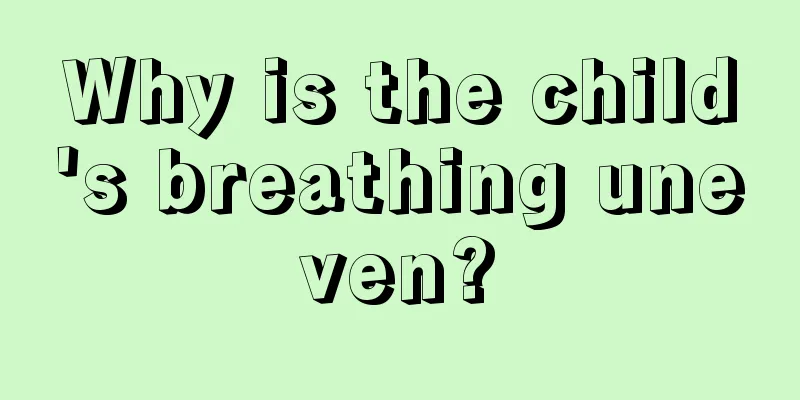Language development disorders in children
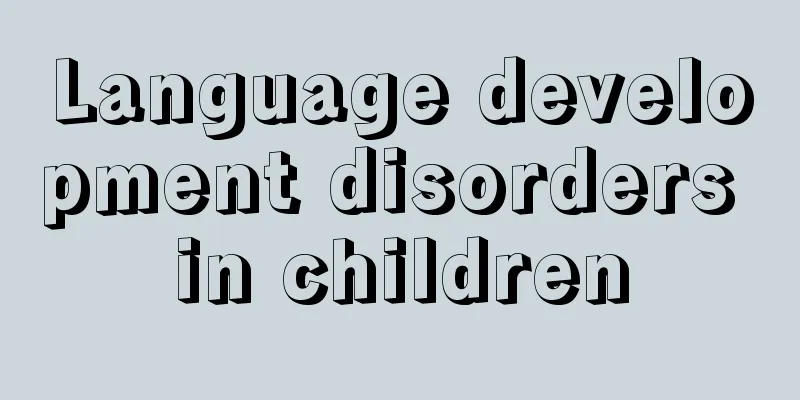
|
We all know that a baby cannot speak when he is just born. As the baby grows up, at about 8 months old, the baby will call "Mom" and say some simple words one by one. After one year old, he will slowly speak coherently. However, some children with language development disorders learn to speak relatively late. So, what are language development disorders in children? Language delay refers to a condition in which a child's oral expression ability or language comprehension ability lags significantly behind the normal development level of children of the same age due to various reasons. Factors such as mental retardation, hearing impairment, articulation organ diseases, central nervous system diseases, and poor language environment are all common causes of delayed language development in children. If a child is found to have delayed language development, efforts should be made to find the cause. If a child has a significant delay in language development without any of the above clear reasons, it is called idiopathic language development disorder or developmental language delay. Causes Factors such as mental retardation, hearing impairment, articulation organ diseases, central nervous system diseases, and poor language environment are all common causes of delayed language development in children. Clinical manifestations Idiopathic language development disorders are clinically divided into two types: expressive language disorders and receptive language disorders. The former can understand language but cannot express it, while the latter has limited understanding and expression of language. When the child begins to learn to speak, language defects will be revealed. The child can make some syllables but cannot form words. He cannot remember common words, his vocabulary is very poor, and he cannot use complete sentences to describe what he needs, so his sentences are very difficult to understand. Children with this disease learn language very slowly, often 2 to 3 times slower than normal children, and their language skills are obviously delayed. For example, they may not be able to call dad or mom at the age of one, and may not be able to speak complete sentences at the age of four. Children with idiopathic language development disorder may not have obvious psychological and emotional abnormalities in the preschool stage, and remain lively and happy. After going to school, due to difficulties in language communication, children often have behavioral problems such as anxiety, depression, withdrawal, and disobedience. These children often have learning difficulties, mainly difficulties in reading, comprehension and calculation. Since these children have normal inner language development, they can participate in some creative games and draw. Have certain interpersonal skills, such as using facial expressions and actions to express one's needs. He can show attachment to his mother and play with other children. When the children were given intelligence tests, the verbal part was poor, but the operational part was normal, showing a dissociation between verbal IQ and operational IQ. diagnosis Children with receptive language disorders have poor comprehension and expression of oral language. The child is unable to understand simple instructions and cannot point to or get an object in response to verbal instructions. Children with this disease can hear sounds but do not understand language, and will respond to gestures and facial expressions. Although the hearing test showed mild hearing loss, it was extremely disproportionate to the lack of response to language seen clinically. The hearing curve of electrical audiometry is often very unstable and fluctuates greatly. treat Mainly provide special training on language. People with expressive language disorders have a good prognosis. Language skills can be acquired gradually with age without treatment, but early intervention is still necessary. The focus of language training is to imitate other people's speech, and it is best for parents to participate in the training as well. For patients with receptive language disorders, the focus is on training children's abilities in language comprehension, auditory memory, and auditory perception. After specialized training, language ability can be restored to varying degrees, but the prognosis is still poor. For those with psychological and behavioral disorders, behavioral therapy should be used for correction, accompanied by supportive psychotherapy. There is no specific treatment drug, but people with attention disorders can be given central nervous system stimulants to improve their attention. |
<<: Symptoms of mildly mentally retarded children
>>: Why are mentally retarded children born?
Recommend
What should I do if my child has sparse teeth?
Nowadays, many children have irregular teeth. The...
Is it normal for a newborn to snore?
Snoring has another alias, which is snoring. Norm...
Is meningitis serious in babies?
The baby has meningitis and the parents are very ...
What to do if your child has a low-grade fever
Having a fever does make people feel very uncomfo...
What to do if your baby has a fever and chills
It is very common for babies to have a fever in d...
Can stimulating the pituitary gland make you taller?
There is a rumor circulating quietly among some p...
Why do children have small pimples on their faces?
Many children have pimples on their skin, which c...
How many months can babies eat rice cereal and add complementary food
Rice noodles are not unfamiliar to many people. W...
Can a newborn baby have nipples squeezed?
Many families have the habit of squeezing the nip...
Nystagmus in children
Eyes are our windows to the world and are also th...
What should children eat if they have oral ulcers?
Do parents know that babies can also get oral ulc...
What to do if your baby has a cough, runny nose and hoarse voice
The baby has a cough, runny nose and hoarse voice...
How to bathe a newborn baby?
Bathing is a very easy thing for adults, but when...
What are the symptoms of renal hematuria in children?
Everyone knows that when children are young, thei...
What is the reason for the child's squint?
There are actually reasons why children have stra...

